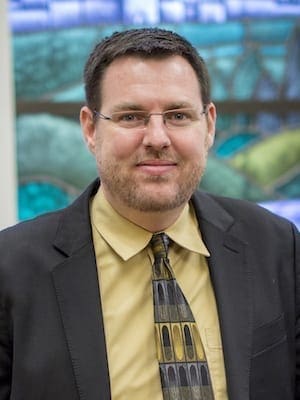Emergency. That was the word Alberto Mamani, president of the Bolivian Baptist Union, used to describe what was beginning to unfold in Bolivia.
Early last month, as part of broader legislation meant to address human trafficking, Article 88, Paragraph 11, of the new penal code in Bolivia raised the possibility that inviting and helping facilitate someone’s participation in a church worship service could lead to prosecution and imprisonment for seven to 12 years.
Whether or not there was prosecutorial intent on the part of the government is uncertain.
What is clear is that the ambiguity of the wording could lead to unintended restrictions on religious freedom and to the direct persecution of churches and individuals of faith.
There is an active memory within the Bolivian Baptist community of just such a reality.
As Mamani quickly recalled, in 1949, eight Baptists in Bolivia were martyred for preaching the Gospel, and there was concern that this new law could be a first step in returning to those days of persecution.
As a result, Baptists in Bolivia joined with other Christians, including Catholics, Methodists and Pentecostals, to request the Plurinational Legislative Assembly to repeal or redraft this provision, to encourage individuals around the world to set aside Sunday, Jan. 21, for prayer and fasting and to ask churches and people of goodwill in Bolivia to mark that day with peaceful protest.
As a marker of solidarity, the BWA released an open letter (English, Spanish) to the legislators of the Plurinational Legislative Assembly asking for a modification or repeal of this law and expressing a firm belief that preserving religious freedom would “strengthen Bolivia in the days and years ahead.”
Incredibly, on that Sunday as Christians around the world gathered in prayer and as individuals within Bolivia peacefully protested, Bolivian President Evo Morales announced that this law would be repealed.
As Mamani noted, “The president said he listened to the people and that he governs for the people. God touched his heart and his conscience.”
As a further sign of the government’s intent, Baptists and other Christians have been invited to help work with legislators in crafting more nuanced language that balances a legitimate need to maintain religious freedom while preventing human trafficking and “religious” ritual practices that entail abuse.
There is continued opportunity for partnership with the government and the people of Bolivia.
Within the country, there is a necessity for ongoing dialogue and engagement on the relationship between the church and indigenous rights.
At a time when injustice and religious restrictions are on the rise in many places around the world, this is a moment to celebrate.
It is a powerful reminder that prayer and peaceful collaborative action still change nations.
For the injustices that press upon our own daily realities, the actions of Christians in Bolivia have much to teach us, including communities of faith around the world praying in unity together, about immediate action, intentional partnership-building across political and religious divides, reasoned dialogue with those with governmental authority, peaceful protest by numerous individuals and the power of regional and international networks.
As Mamani concluded, “I am very appreciative of all the people around the world who prayed for us. I have seen that every time the church has been persecuted, the church has woken up to God.”
In the face of the injustices that exist within our communities, will we, too, wake up to God and live into a faith that still believes that prayer and peaceful action can change a nation?
Elijah M. Brown is the general secretary of the Baptist World Alliance. A version of this article first appeared on his BWA blog. You can follow him on Twitter @ElijahMBrown.
Elijah M. Brown is the general secretary of the Baptist World Alliance.

